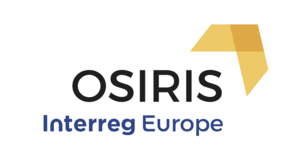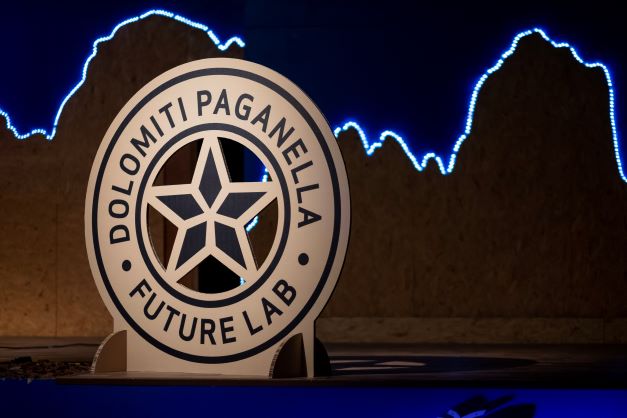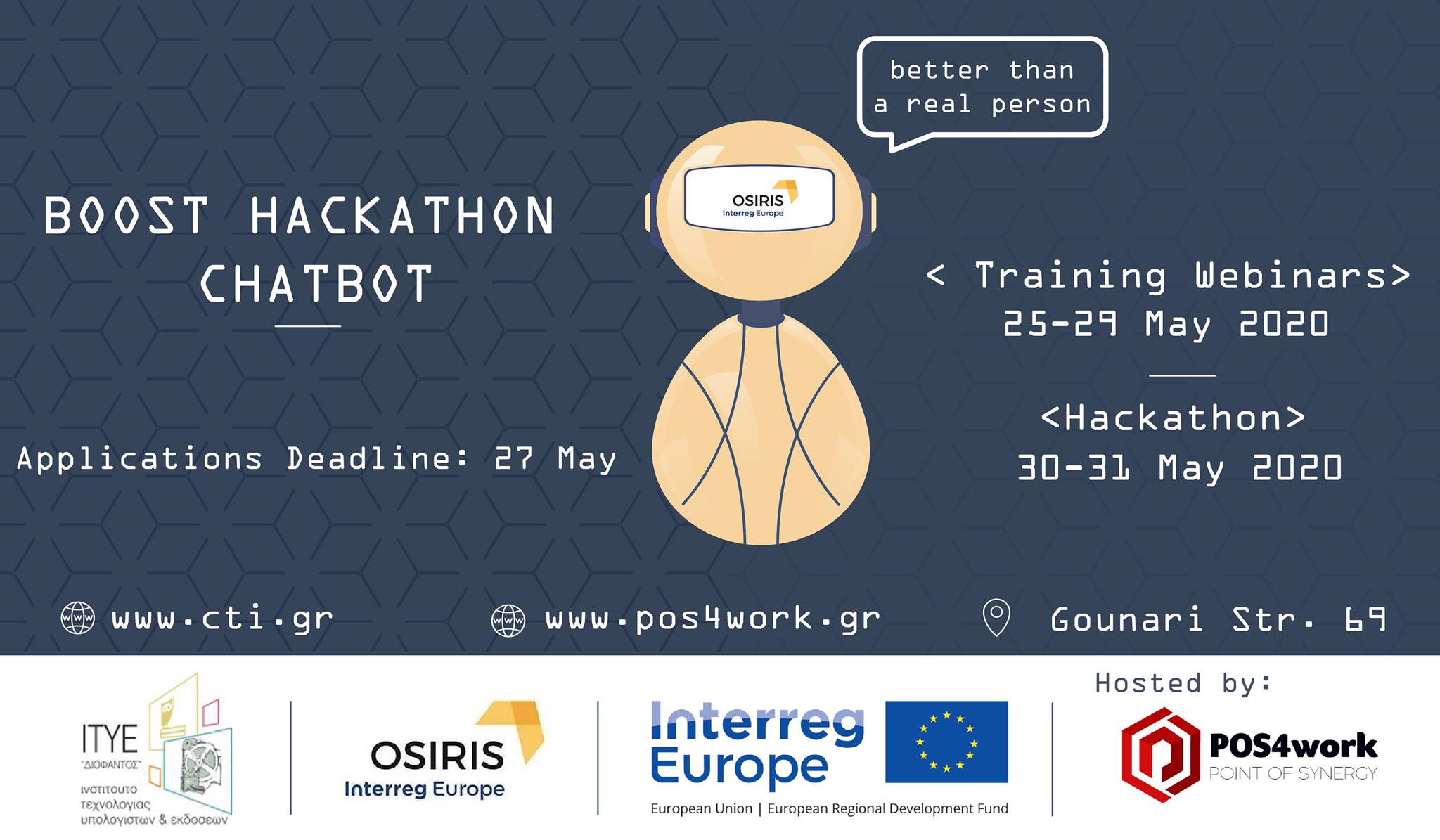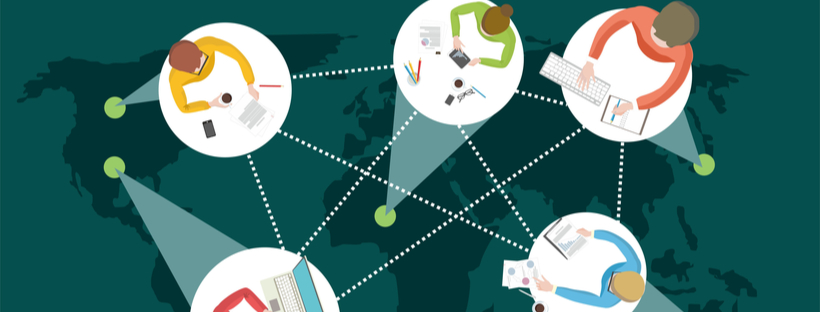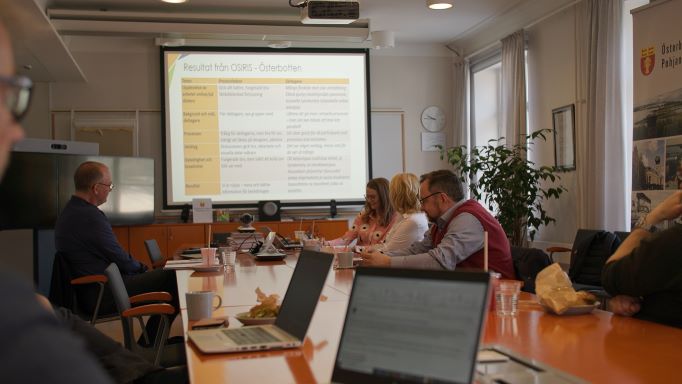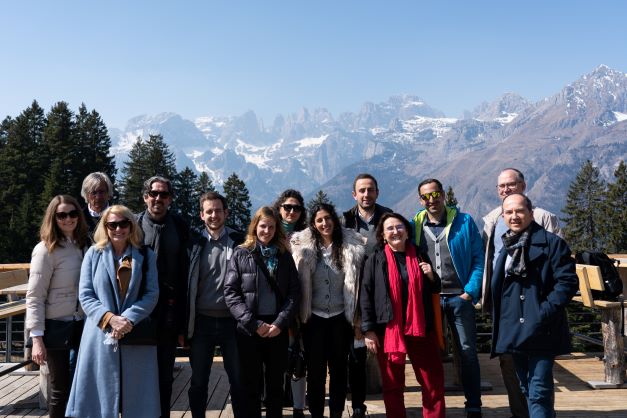During phase two of our project, partners have identified good practices for working with co-creation and open social innovation during the pandemic. This one comes from the Regional Council of Ostrobothnia and Åbo Akademi University in Vaasa, Finland.
Checklist for online and hybrid co-creation processes
About this Good Practice
This is a checklist of practical and abstract aspects to consider before, during and after leading an online or hybrid co-creation process in your organisation.
The good practice addresses the issue of reinventing digital innovation processes and activities for regional development in the light of COVID-19. The pandemic created an emergent need for new work routines. Face-to-face interactions were limited, software for videoconferences and education were boosted and the need of engaging citizens in regional development, considering new forms of remote-based collaborations, grew even stronger.
In the aftermath of the pandemic, the need for transforming our work into more digital and hybrid formats persists. The question how we organise and lead innovation processes which are increasingly performed through digital interaction is timelier than ever.
The objective of the good practice is to function as a good model for processes conducted online or in hybrid formats. The good practice consists of a checklist with practical things to consider before, during and after leading an online or hybrid co-creation process. The checklist focuses on five categories 1) Goals 2) Process 3) Tools and Resources 4) Participation, Creativity, and Communication, 5) Leadership. The good practice is implemented by using the checklist when planning, executing and following up a co-creation process.
The stakeholders and beneficiaries of the good practice are e.g., policy officers, project leaders, managers – primarily anyone in charge of planning, leading or evaluating the process, but secondarily also all stakeholders.
Resources needed
Financial resources required does not depend on the good practice as such, but rather on for example the choice of digital tools used, use of external facilitator, etc. In terms of human resources, the good practice requires at least one person, but preferably also management level involvement.
Evidence of success
The implementation of the checklist can easily be adapted to different contexts depending on needs and resources available. The checklist has been developed based on a robust data set and verified across several regions in Europe. In total, the checklist stems from 25 semi-structured interviews with innovation/development process leaders on a regional level and 82 survey responses by stakeholders representing the public sector, industry, academia, associations and civil society
Challenges encountered
Whereas the checklist contains practical advice on how plan and run digital and hybrid co-creation process, the implementation of the good practice will also depend on institutional change and commitment.
Potential for learning or transfer
Regions face a need of reinventing digital innovation processes and activities for regional development. The pandemic has led to insights into the new realities of work and stakeholder engagement and created needs for new work models. The checklist for online and hybrid co-creation processes provided in this good practice takes into consideration and capture a broad range of experiences gathered by both process leaders and involved stakeholders involved in digital innovation/development processes during the pandemic.
The checklist contains practical advice and can be easily transferred between different types of organizations and regions in Europe. Semi-structured interviews with innovation/development process leaders and surveys among stakeholders have been conducted in different regions to verify the content and applicability of the checklist in an international context.
Further information: Johanna Dahl, [email protected] and Kimmo Rautanen, [email protected]
